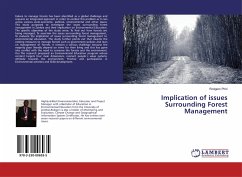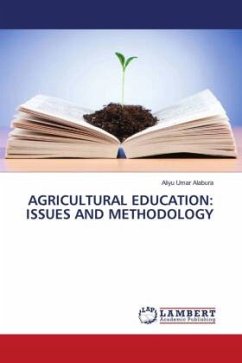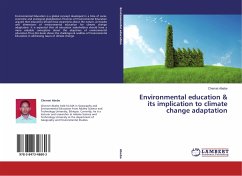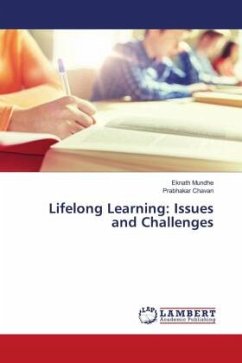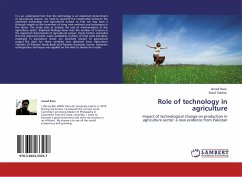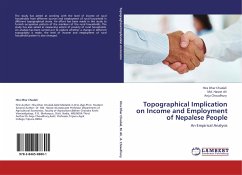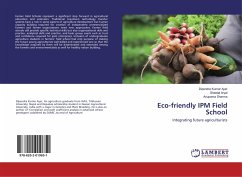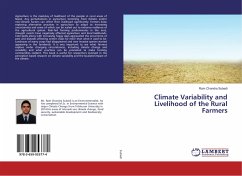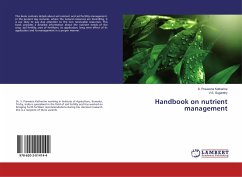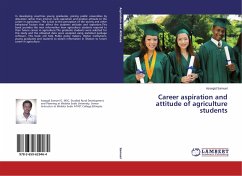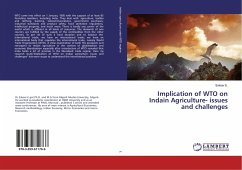
Implication of WTO on Indain Agriculture- issues and challenges
Versandkostenfrei!
Versandfertig in 6-10 Tagen
49,99 €
inkl. MwSt.

PAYBACK Punkte
25 °P sammeln!
WTO came into effect on 1 January, 1995 with the support of at least 85 founding members, including India. They deal with: agriculture, textiles and clothing, banking, telecommunications, government purchases, industrial standards and product safety, food sanitation regulations, intellectual property, and much more. There is hardly any corner of the world which is affluent in all kinds of resources. The demands of one country are fulfilled by the supply of the commodities from the other country. To get rid of such a hard situation and to balance the international trade, we have an internationa...
WTO came into effect on 1 January, 1995 with the support of at least 85 founding members, including India. They deal with: agriculture, textiles and clothing, banking, telecommunications, government purchases, industrial standards and product safety, food sanitation regulations, intellectual property, and much more. There is hardly any corner of the world which is affluent in all kinds of resources. The demands of one country are fulfilled by the supply of the commodities from the other country. To get rid of such a hard situation and to balance the international trade, we have an international trade; we have an international body that regulates the international trade, namely World Trade Organization (WTO). A close examination of both the prospects and retrospect to Indian agriculture in the context of globalization and economic liberalization especially after introduction of WTO revealed that India holds a lot of promise in the liberalized trade regime. Here my research study"Implication of WTO on Indian agriculture- Issues and challenges" has more scope to understand this international problem.



